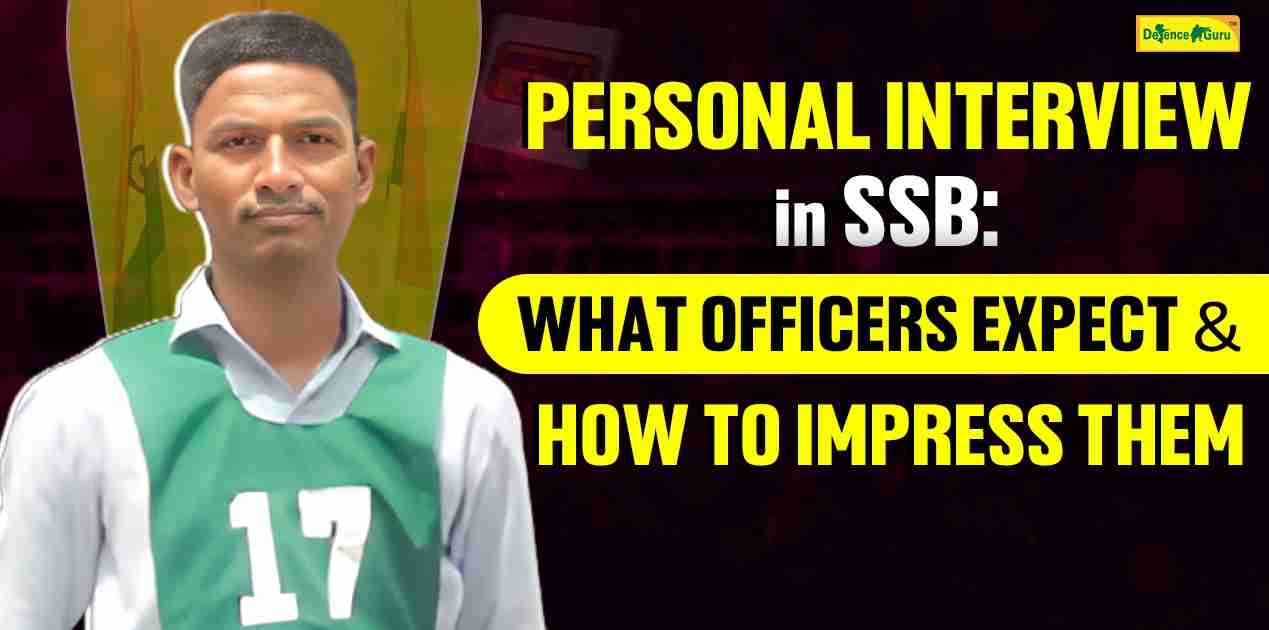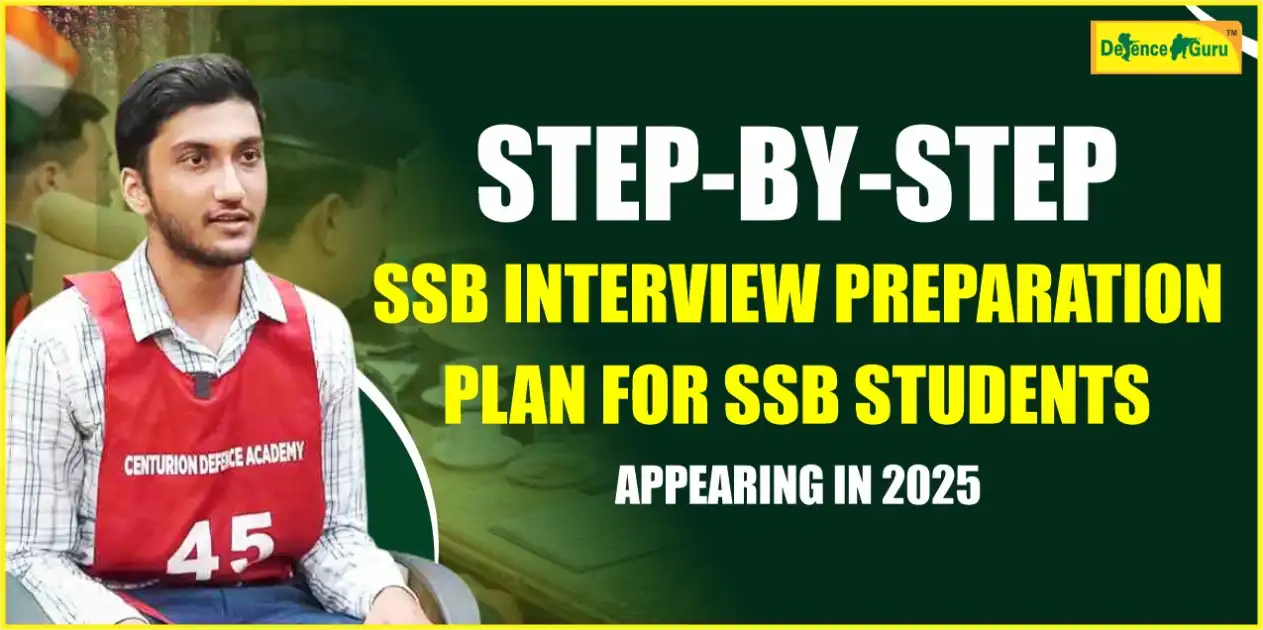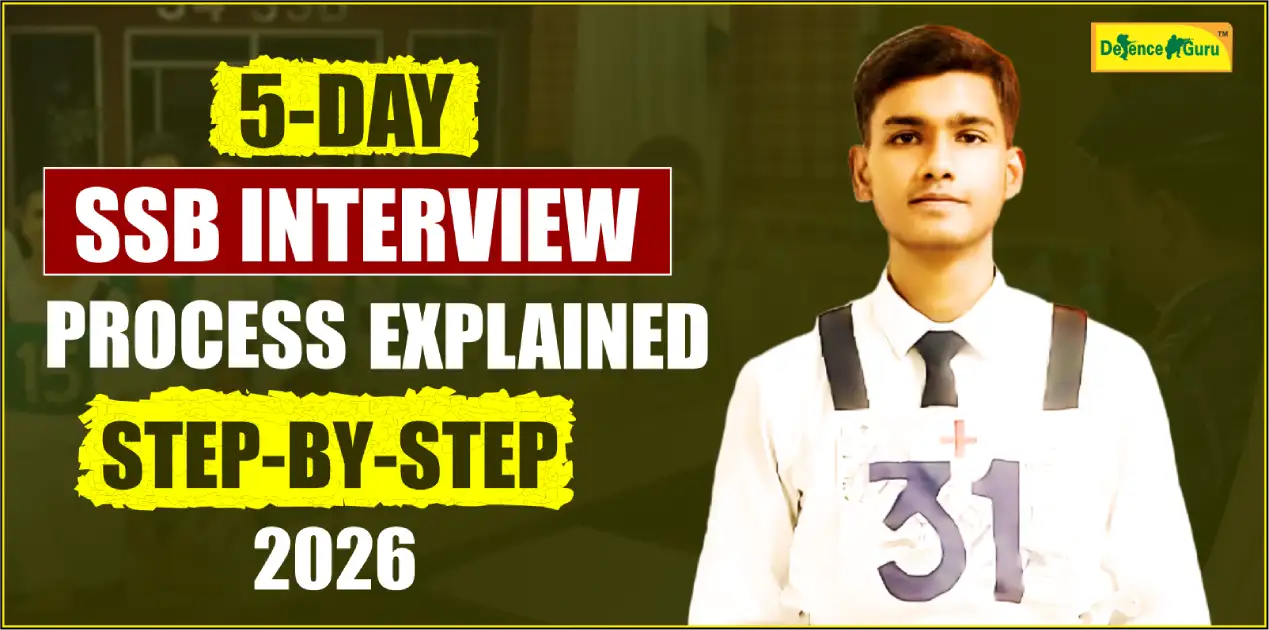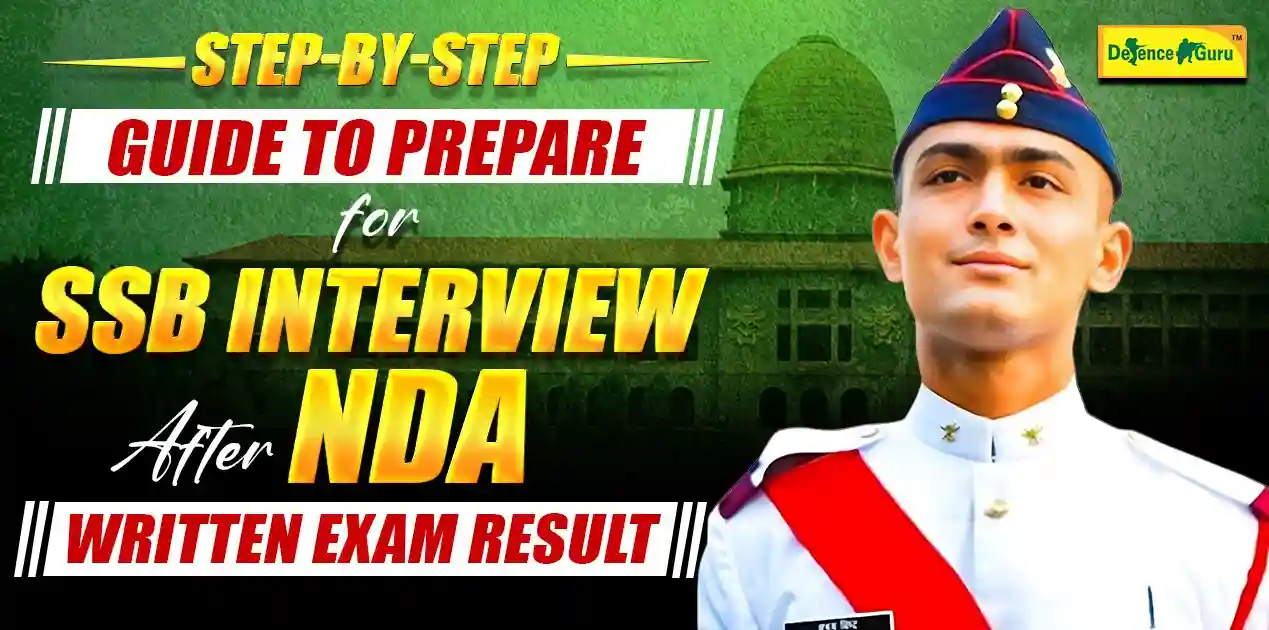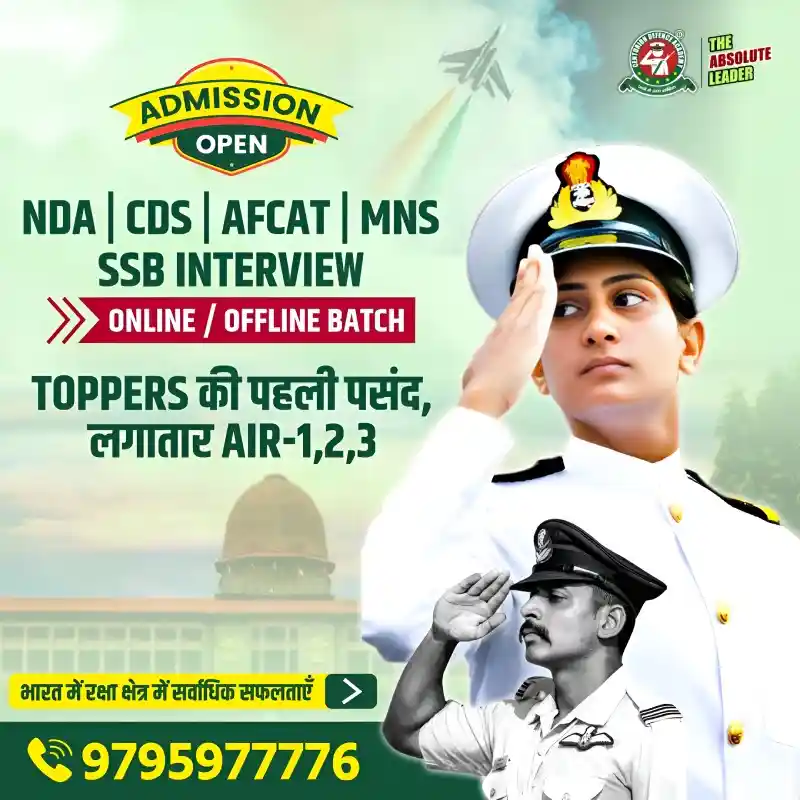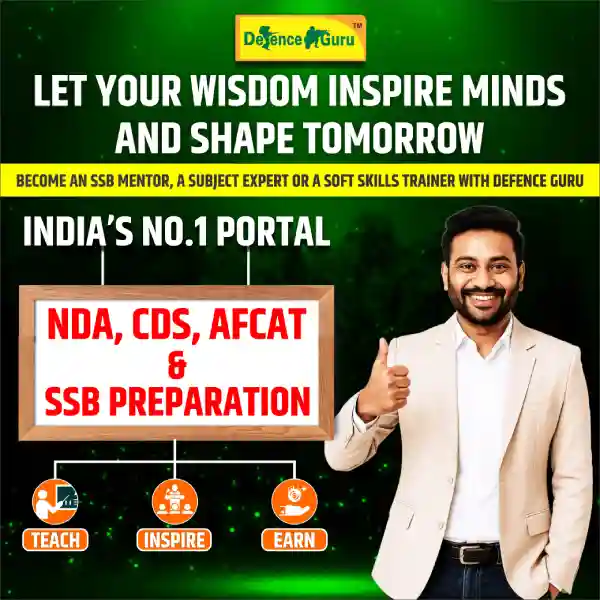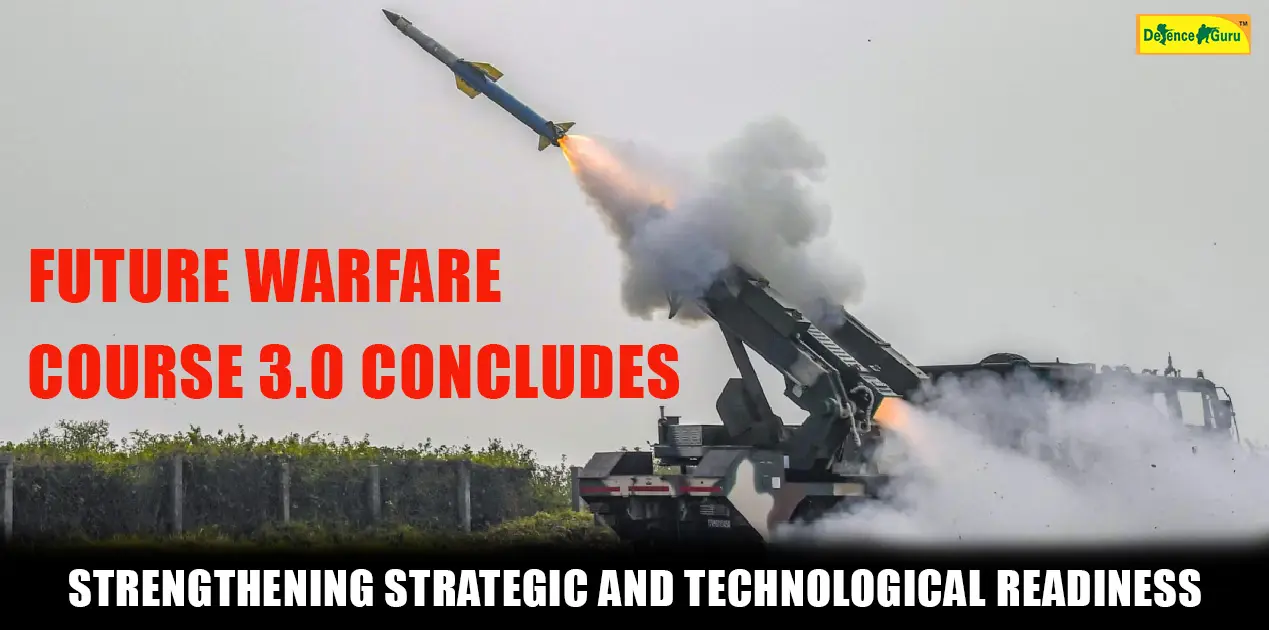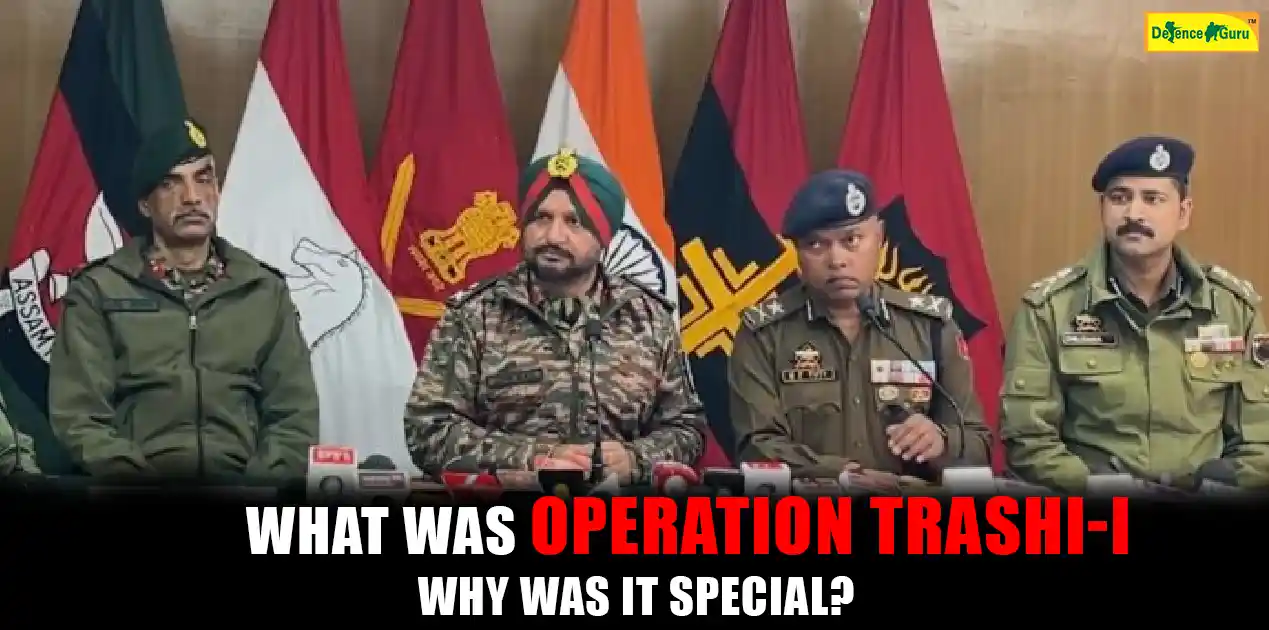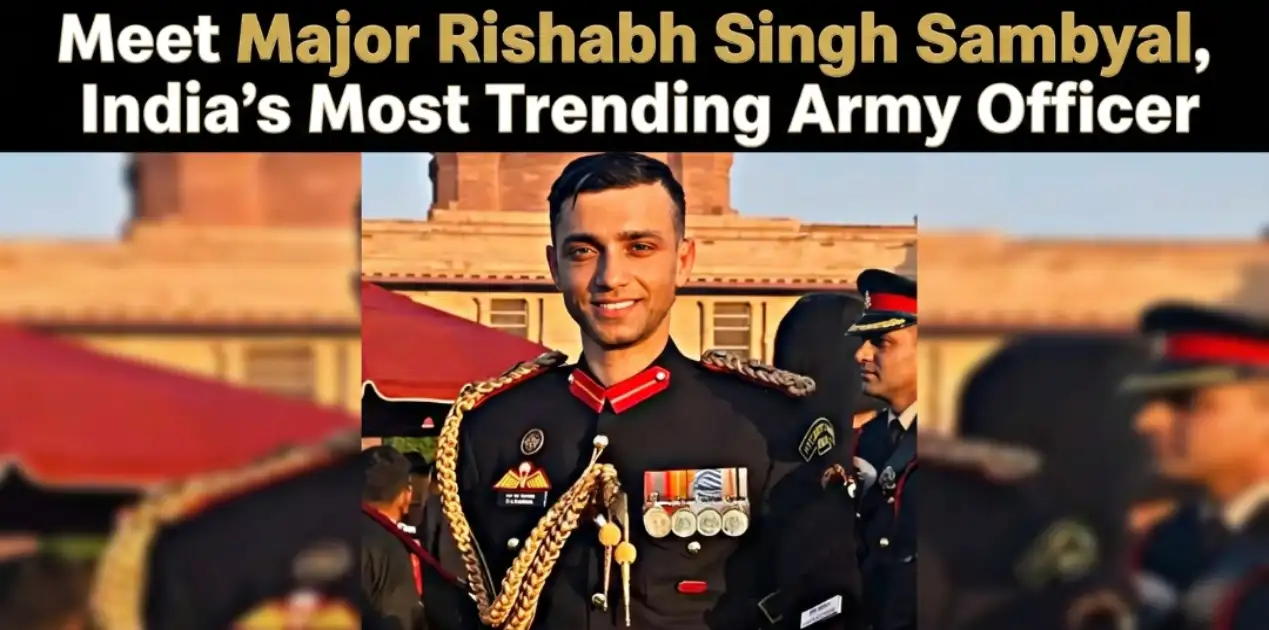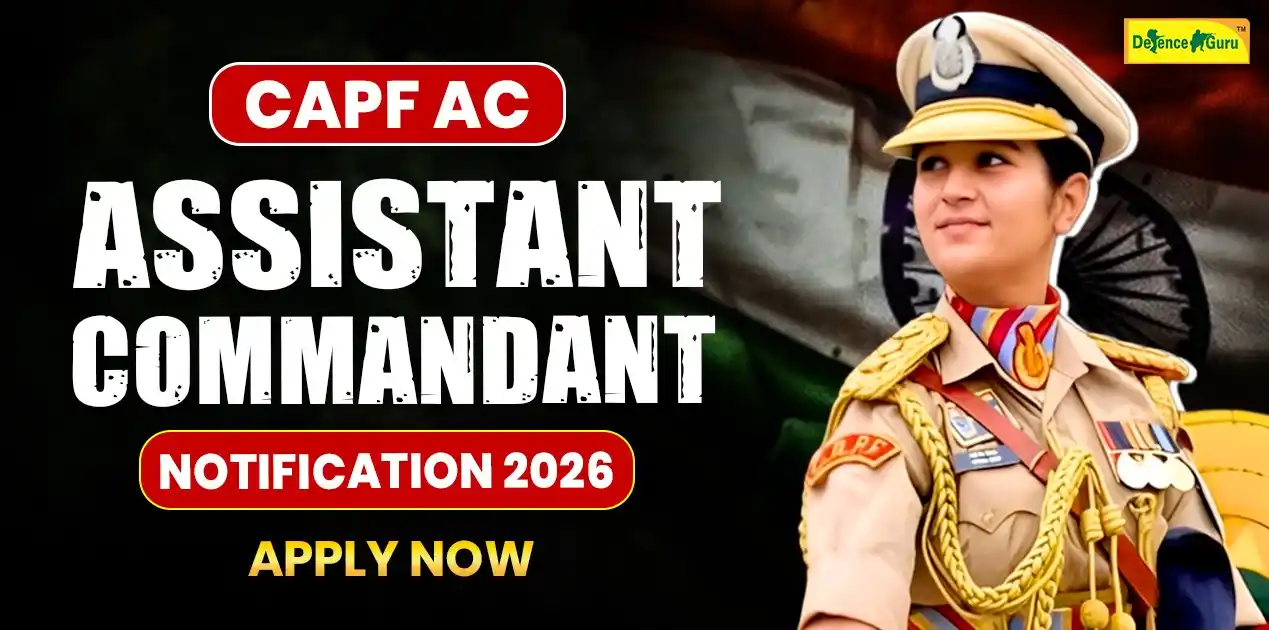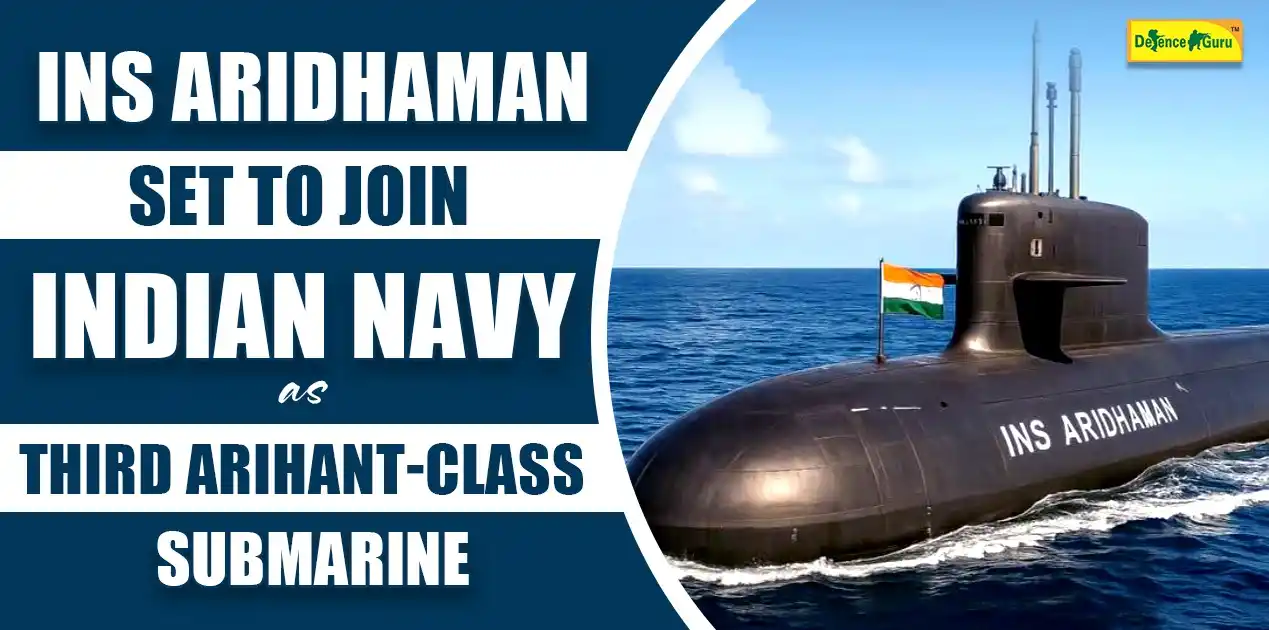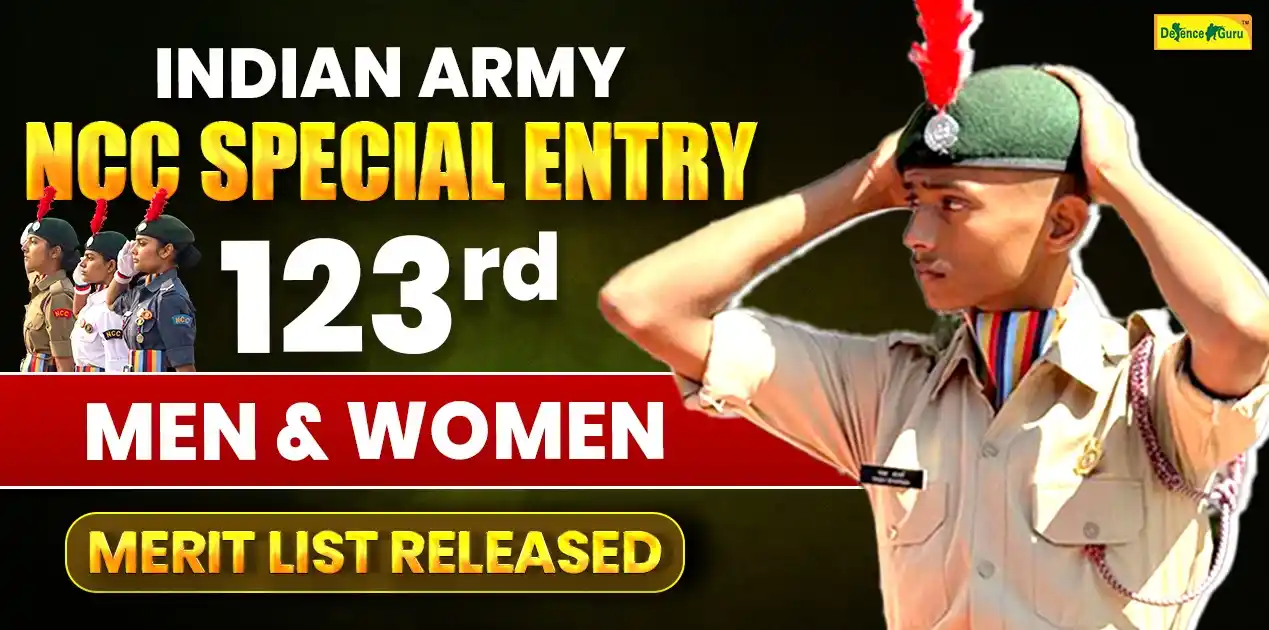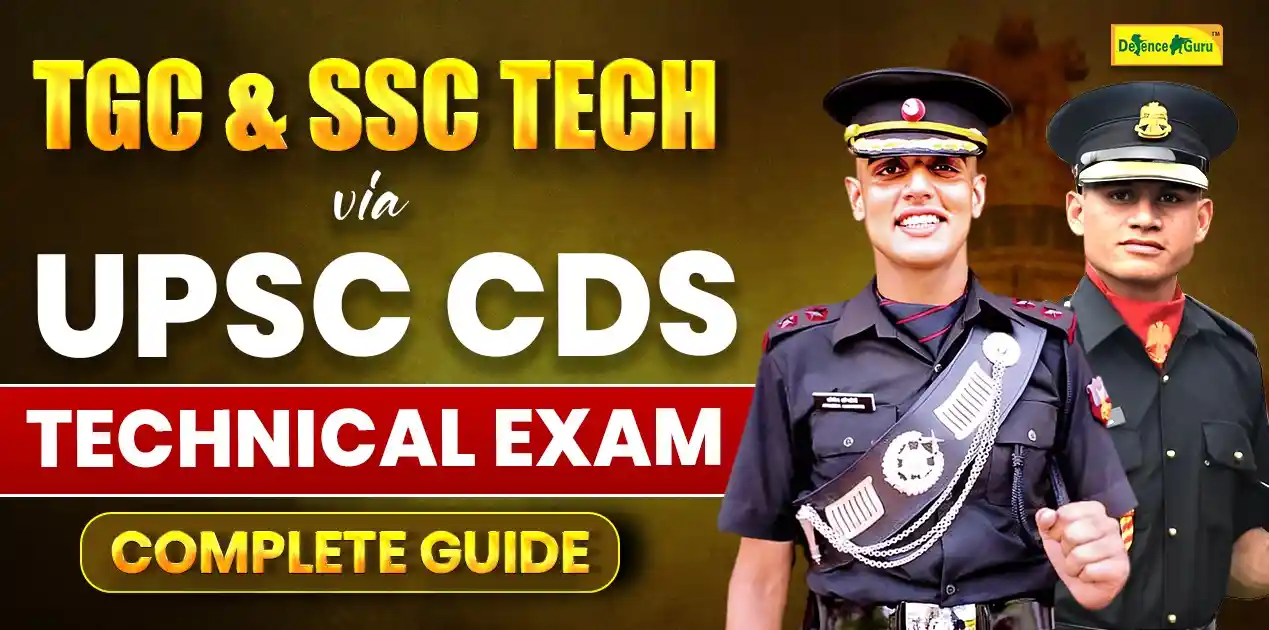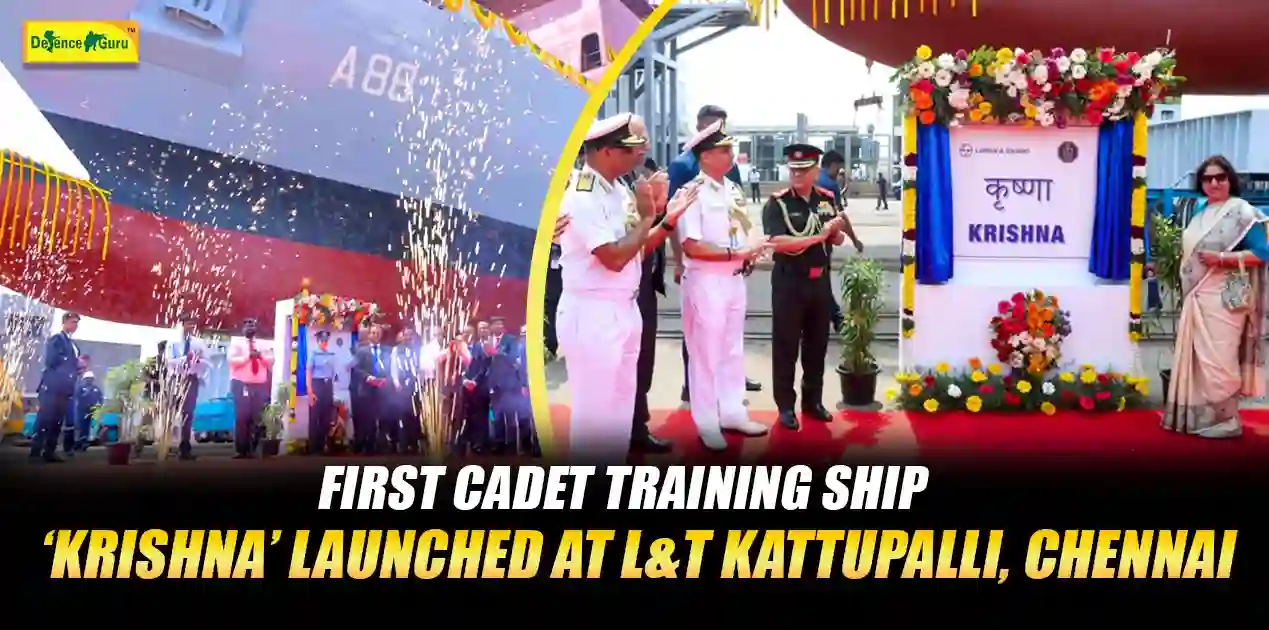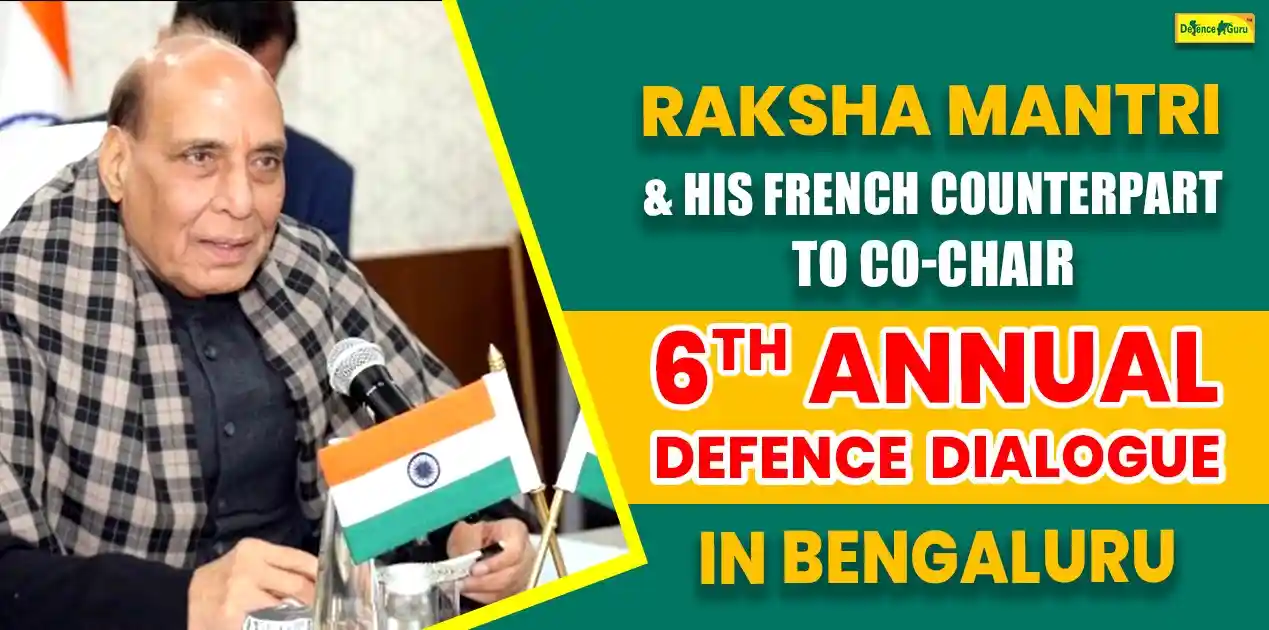Understand the IO’s Mindset: What They Look for During Your Interview
The Personal Interview (PI) in the Services Selection Board (SSB) is a pivotal stage in the selection process for joining the Indian Armed Forces. While other assessments evaluate your physical fitness, mental robustness, and psychological alignment, the Personal Interview offers a direct and in-depth look into your core personality traits. It is an opportunity to showcase the real you—your beliefs, clarity, motivation, and leadership potential.
This blog aims to decode the intent behind the SSB interview, offer insights into what the interviewing officers (IOs) are looking for, and share proven strategies to help you make a memorable and lasting impression.
1. The Role of the Personal Interview in SSB
In an SSB interview, the officer is not just trying to fill a vacancy; they are assessing whether you have the mental capability, sense of duty, responsibility and leadership potential to survive and thrive in the Indian Armed Forces.
The PI usually lasts between 35 to 60 minutes, during which the officer explores various facets of your personality, including:
- Background and upbringing
- Academic journey
- Hobbies and extra-curricular.
- Social behaviour
- Situational responses
- Awareness and motivation to join the defence services
Your responses are cross-verified with your PIQ (Personal Information Questionnaire) form, so integrity and consistency are important and top priority.
2. What board members expect!
A. being original over perfection
SSB Officers are well-trained and experienced. They have a knack for detecting whether a candidate is being original or whether they are saying crammed responses. The IO expects you to be genuine, which reflects integrity—a key Officer-Like Quality (OLQ).
b. Clarity of Thought and Expression
You should be able to express your thoughts clearly and confidently without any confusion. They want to see clarity in their tongue and mind. This shows that you are organized in your thinking and decision-making roles in the Armed Forces.
c. Leadership and Initiative
Whether it's a school-leadership position or being proactive in your own life, the officer determines your ability to lead and take responsibility. Even your failure is evaluated based on what you learned from the experience and how you managed to handle it.
d. Balanced Perspective
The Armed Forces involve life and death choices; therefore, the officers are looking for people with mature, logical, and balanced views. You must be neither aggressive nor submissive but reveal a calm and composed nature.
e. Knowledge of Self and Environment
Officers would like to know how much you understood about yourself—your applications, interests, strengths, and weaknesses. Furthermore, your understanding of contemporary national and international events, particularly those concerning defence and strategic affairs, indicates your readiness for the position.
3. Common Areas of Assessment in the Interview
a. Family and Background
Questions regarding your family challenge your values, respect for elders, and emotional stability. Be proud of where you come from, but not boastful or defensive.
b. Education and Academics
You can be questioned about your favourite subjects, why you picked a specific stream, and what you did academically. If there were gaps or bad performances, state them truthfully and then how you can correct them or what you learned.
c. Hobbies and Interests
Most candidates put down hobbies superficially. If you claim to enjoy reading, prepare to mention authors' favourite books and the lessons you have learned from them. Likewise, if you are a cricket player, familiarize yourself with the rules, players, and ongoing tournaments.
d. Friend Circle and Social Behaviour
Questions regarding your social life and friends indicate your teamwork skills, emotional quotient, and people skills. Describe how you handle disagreements, help others, or inspire peers in a positive way.
e. Current Affairs and Defence Awareness
You should be well-informed about national affairs, government programs, and particularly what's happening in the Indian defence forces. Being informed about operations, acquisitions, ranks in the army, and duties will demonstrate your enthusiasm and dedication.
f. Motivation to Join Defence Services
Do not use overused lines; ice- I wish to serve the nation. Provide personal, genuine reasons supported with examples that moved you. Write about officers from the family NCC life or incidents that rekindled interest in the services.
4. How to Impress the Interviewing Officer
Be Honest but Thoughtful
Don’t shy away from admitting mistakes or weaknesses. What matters is your ability to acknowledge them and show how you are working to improve.
Know Your PIQ Inside Out
Every word in your PIQ form is open to scrutiny. If you've mentioned achievements, be prepared to elaborate. If you've listed a skill, demonstrate depth.
Dress and Demeanour Matter
Your appearance should be clean and formal. Sit upright, smile, maintain eye contact, and speak with measured confidence.
Use Real-Life Examples
When discussing qualities like leadership, responsibility, or time management, illustrate with real-life incidents. This adds authenticity to your claims.
Stay Calm under Pressure
The officer may deliberately pose tricky or unexpected questions to test your composure. Stay calm, take a moment to think, and respond logically.
Practice Mock Interviews
Enrolling in a reputable SSB coaching institute can give you exposure to realistic interview settings, helping you refine your communication and critical thinking skills.
5. Things to Avoid During the Interview
Lying or Bluffing: Even a small untruth can collapse your entire credibility.
Memorized Responses: Over-rehearsed answers are easy to spot and lack emotional depth.
Criticizing Institutions or People: Be constructive, not derogatory. Avoid blaming schools, parents, or the system for your failures.
Overconfidence or Arrogance: Confidence is good, but it must be paired with humility and respect.
Inconsistency with PIQ: Contradictions between what you say and what you wrote can make you appear careless or dishonest.
6. Sample Questions and Tips on How to Approach Them
Q: Why do you want to join the Indian Army/Navy/Air Force?
Tip: Reflect on personal motivations, family influences, and real-life inspiration. Make it genuine.
Q: What will you do if you are not recommended?
Tip: Show resilience. Acknowledge disappointment but emphasize your commitment to self-improvement and future attempts.
Q: Tell me about a time you took responsibility in a group.
Tip: Share a real incident, the challenge, your action, and the outcome.
Q: Who is your role model and why?
Tip: Avoid generic names. Choose someone you personally admire and explain how they influence your values.
7. Final Words: Walk in with Purpose, Walk out with Pride
The SSB Personal Interview is your chance to show that you're not just another candidate with good grades or fitness, but a leader with vision, commitment, and integrity. Officers are not looking for robots with perfect answers. They want individuals who are self-aware, adaptable, honest, and mentally prepared to shoulder the responsibilities of a uniformed life.
If you bring your true self, combined with preparation, self-awareness, and national pride, the officer won't just see a candidate in you—they'll see an Officer in the making.
Read more:
How to Prepare for SSB if you’re from a Non-Defence Background
Top 10 Common Mistakes Candidates Make in SSB Interview – And How to Avoid Them

